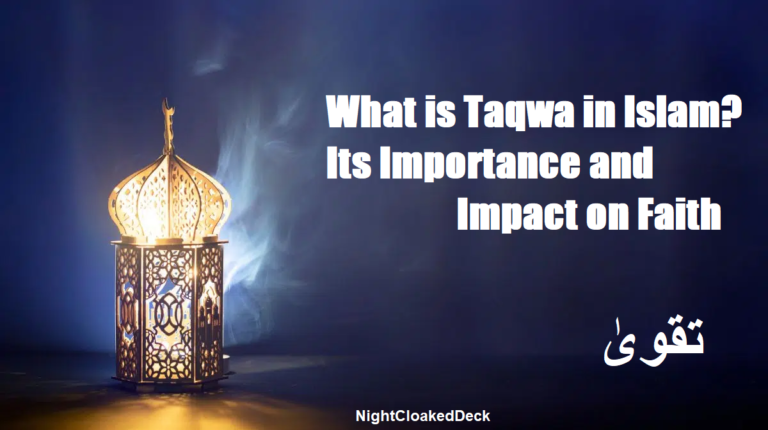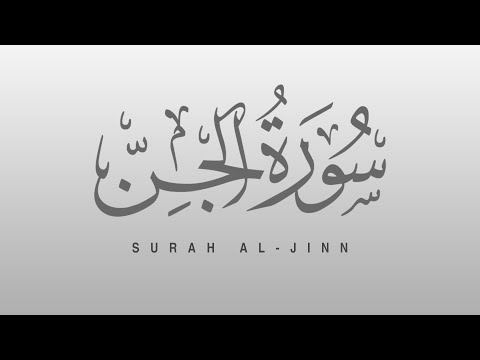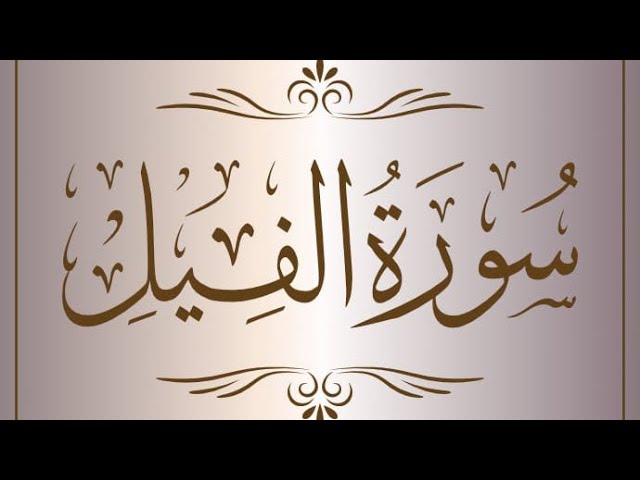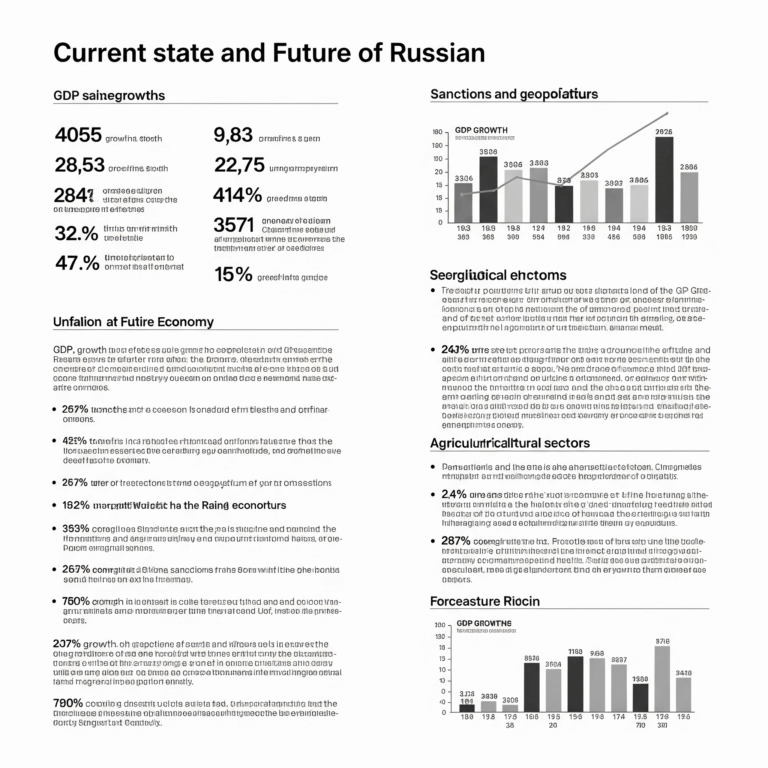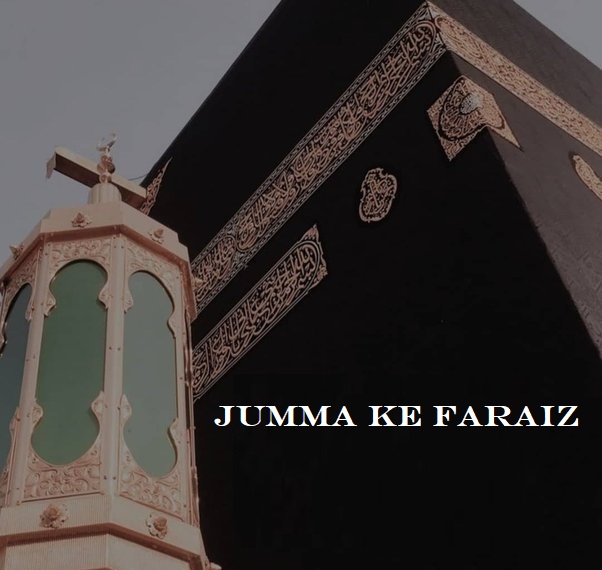
Jumma ke Faraiz
The Friday prayer (Jumma ki namaz) is considered Fard Ain, which means it is obligatory on every individual who is a resident of the city or town where the Friday prayer is being held and is capable of attending. The Friday prayer replaces the Zuhr prayer for those who attend it. The Friday prayer consists of two rakats and is followed by a sermon (khutbah) given by the Imam. There are also videos that explain the complete method of performing the Friday prayer and how to perform the Friday prayer when you are traveling. It is important to note that everything in the Hanafi school of thought is Sunna, and every detail is proven from Authentic Hadith.
The Difference between Farz and Sunnat in Jumma Ki Namaz
The Farz is the obligatory part of the Friday prayer, while the Sunnat prayers are voluntary and recommended for Muslims to perform as part of the Sunnah of the Prophet Muhammad (peace be upon him).
Farz
-
- Farz refers to the obligatory prayers that are compulsory for every Muslim to perform.
- In Jumma ki namaz, the Farz consists of two Rakats (units) that are performed with the Imam in the congregational prayer.
- The Farz is considered the most important part of the Friday prayer, and it is the only part that is obligatory for every Muslim who is eligible to attend the Friday prayer.
Sunnat
-
- Sunnat refers to the voluntary prayers that are recommended but not compulsory for Muslims to perform.
- In Jumma ki namaz, there are several Sunnat prayers that are performed before and after the Farz.
- These Sunnat prayers include four Rakats before the Farz, four Rakats after the Farz, and two Rakats of Sunnat-e-Mokada.
- These Sunnat prayers are not compulsory, but they are highly recommended for Muslims to perform as they are part of the Sunnah (practice) of the Prophet Muhammad (peace be upon him).
How Many Rakats are There in Jumma Prayer
The Jumma prayer consists of two rakats or prayer segments, and it is performed in congregation in the mosque. Before the Jumma prayer, there are no prescribed prayers to be performed, but it is recommended to pray 4 rakats of Sunnah e Muakkada before the prayer. After the Jumma prayer, there are 4 rakats of Sunnath e Muakkada and 2 rakats of Sunnath e Ghairi Muakkada to be performed. In total, there are 12 rakats in the Jumma prayer, including 2 rakats of Fardh. It is important to note that the Sunnah prayers are not compulsory, but they are highly recommended for Muslims to perform as part of the Sunnah of the Prophet Muhammad (peace be upon him).
Jumma Ki Namaz Wajib hay ya Farz
There is a discussion about whether Jumma Ki Namaz (Friday prayer) is Wajib (obligatory) or Farz (compulsory). If one performs Jumma Ki Namaz, then performing Zuhr prayer is not obligatory, and vice versa.
